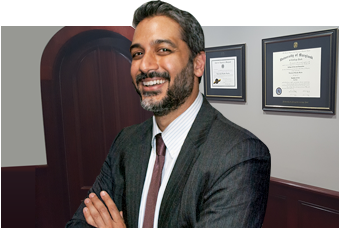Police Interactions With Vets Experiencing PTSD

Yet after being deployed once, twice, or even many more times, veterans come home to face multiple hurdles in rebuilding their lives. One of those hurdles is a bit of a surprise to some: military veterans are arrested at higher rates than other Americans. Veterans of any war have sacrificed everything to protect America. Why are they at greater risk of police interactions?
Veteran Risk Factors
Veterans of military service sometimes come home with risk factors that put them at higher likelihood of arrest. Some of those factors include:
- Service related PTSD;
- Traumatic brain injuries that impact their personalities, abilities, and adaptability;
- Physical injuries that impact their ability to too work;
- Multiple deployments keeping them away from home and family;
- Substance abuse issues.
WE know that post-traumatic stress disorder and other serious injuries may contribute to joblessness and substance abuse, which may in turn lead to problems with the law.
What are the Numbers?
Roughly one in three veterans say that they’ve been arrested at least one time since coming home. That rate is quite a bit higher than the rate for non-veterans, who are arrested at a rate of one in five individuals. That number converts to approximately eight percent of all inmates in this country—just under 200,000 vets behind bars. The average age of incarcerated vets is in the low 50’s, about a decade older than the average for others in lock up. Nearly all incarcerated vets are men, and two-thirds were arrested for violent crimes.
Tools for Police Who Encounter Veterans
The U.S. Department of Veterans Affairs has put together a free toolkit for police officers who run into vets who may be suffering from PTSD. Initially, officers need to recognize symptoms of PTSD—anxiety, flashbacks, and thoughts that are out of control, for example. Sometimes these symptoms result in withdrawal, severe mood changes, sleep disorders, and outsized physical reactions or emotional trauma when Vets are reminded of previous traumatic events. Their break from loved ones and associated emotional detachment leads to isolation. They may startle easily or have outbursts of aggression and rage. For police, training in de-escalation techniques is essential, and can produce a positive outcome in what could otherwise be a dangerous, or even deadly situation. Officers can learn simple strategies related to their own voice modulation, posture, hand gestures, and facial cues that can be critical to calmer encounters with Vets who are experiencing trauma. Responding to their immediate concerns, reducing distractions that could be alarming, and treating these Vets with respect are all central tenets of the police toolkit. When officers have concrete training in the assessment, acknowledgement, and questioning strategies outlined in the toolkit, they are likely to experience safer, more successful interactions with veterans who suffer from PTSD.
A Strong Defense for Veterans
If you or a loved one is a veteran who’s had a run-in with the law, the need for a full-bodied defense of criminal charges is clear. At The Law Office of Hammad S. Matin, P.A., our experienced La Plata & Waldorf criminal defense attorneys are committed to providing a vigorous defense while preserving dignity. To discuss your situation, schedule a confidential consultation today.
Source:
nbcnews.com/news/crime-courts/commission-will-study-veterans-are-likely-non-veterans-get-trouble-law-rcna44326

